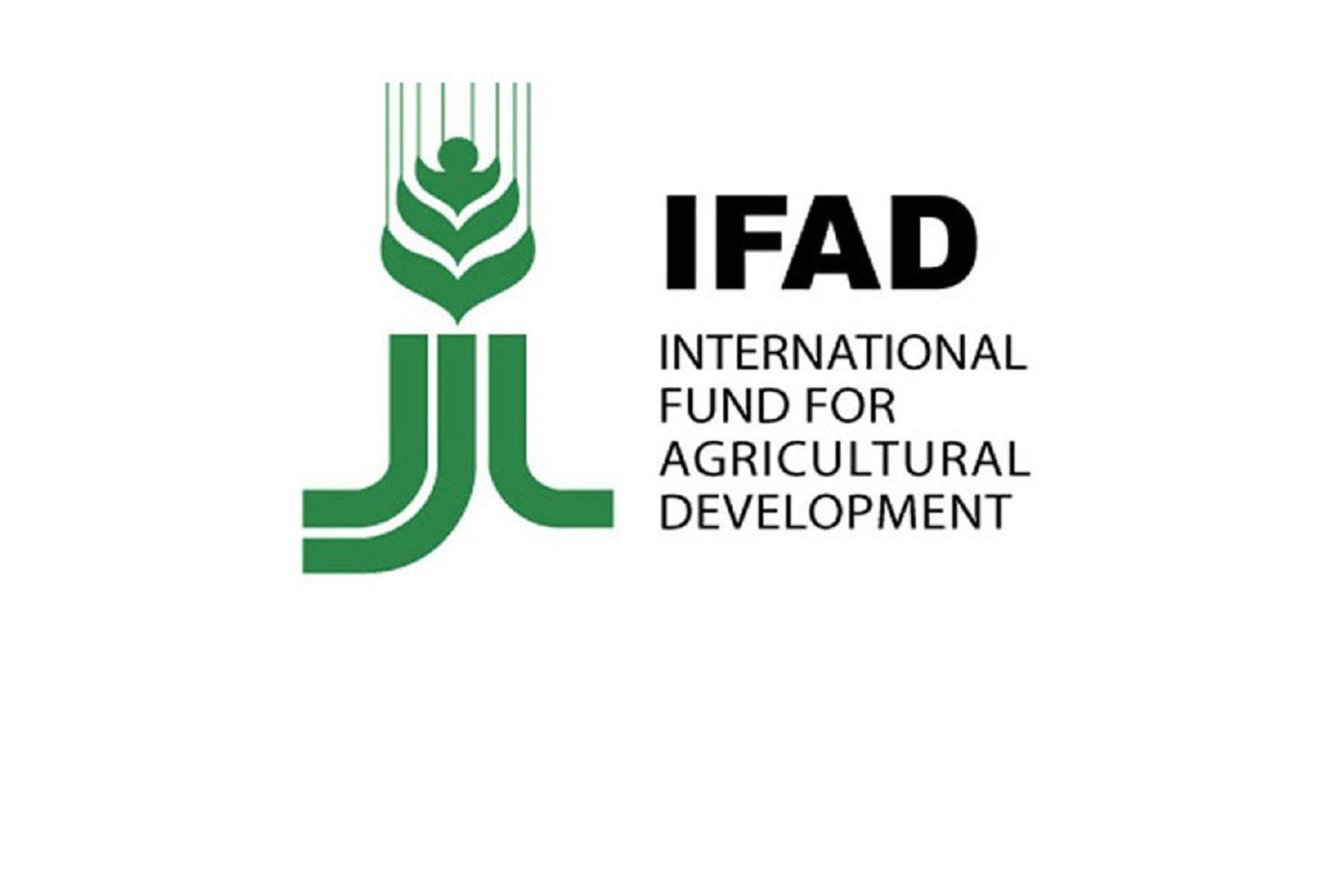Nigeria hosts IFAD regional financial management summit
The International Fund for Agricultural Development (IFAD), a specialised United Nations agency, has organised a regional workshop on financial management for its funded projects in Anglophone West and Central Africa in Abuja. The meeting, which began Tuesday, was to strengthen the ability of IFAD-funded projects in West and Central Africa to manage the organisation’s financial […]

The International Fund for Agricultural Development (IFAD)
The International Fund for Agricultural Development (IFAD), a specialised United Nations agency, has organised a regional workshop on financial management for its funded projects in Anglophone West and Central Africa in Abuja.
The meeting, which began Tuesday, was to strengthen the ability of IFAD-funded projects in West and Central Africa to manage the organisation’s financial resources, adhering to its financial policies and assets to raise the standard of living of smallholder farmers.
Participants during the workshop were expected to gain a better understanding of donor financing efficiency and efficacy as well as demonstrate value for money for countries that contribute to IFAD.
Speaking at the opening ceremony, the Country Director of IFAD, Mrs. Dede Ekuoe, said IFAD was implementing a more robust risk-based assurance methodology that encompasses both financial controls in currency disbursement and financial management.
Students loan: Reps panel wants funding increased to 3%
Aviation security officers withdraw services at airports
She stated that under the current Country Strategic Operation Programme (COSOP) in Nigeria, a portfolio of four investment programmes, IFAD has secured a total investment of $467 million while leveraging co-financing of $513 million.
The Permanent Secretary, Federal Ministry of Agriculture and Rural Development, Dr Ernest Umakhihe, said the IFAD innovative financing models would transform Nigeria’s food system.
He said the Special Agro-Industrial Processing Zones (SAPZ) programme, a $521 million blended-financing initiative, would promote inclusive agribusiness development and rural transformation through the establishment of agriculturally specific economic zones.
